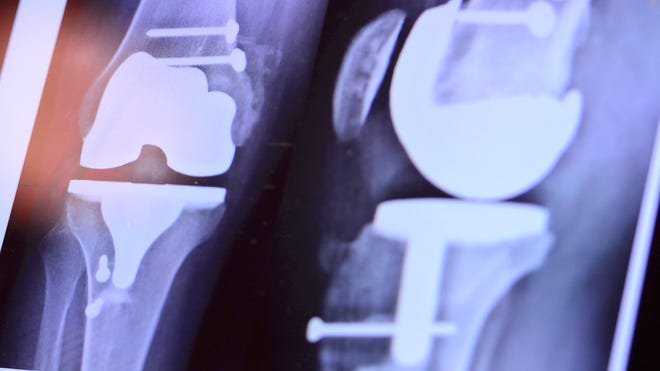Knee replacement surgery improve the condition of knee for those suffering from severe pain and mobility issues. However, it’s not a one-size-fits-all solution. Various factors make this surgery less suitable or risky for some patients. In this guide, curated by the best knee replacement in Delhi, potential patients explore the situations where alternative treatments can work, and patients and doctors can work together to find the best suitable treatment and medicines to improve their mobility.
When Knee Replacement Is Not Ideal for arthiritis patients?
Health conditions
When someone has severe health issues, like heart disease, uncontrolled diabetes, or significant obesity, undergoing knee replacement surgery can be quite risky. If a person has heart problems, their heart might not be strong enough to handle the stress of surgery and anaesthesia. It can increase the chances of complications like heart attacks during or after the operation.
High blood sugar levels can interfere with healing and increase the risk of infections. Before surgery, diabetes needs to be well-managed to reduce these risks and ensure a smoother recovery. Once these conditions are better managed, the person is in a much stronger position to undergo knee replacement surgery with a higher chance of success and fewer risks.
Cannot go for follow-ups
Recovering following knee replacement surgery entails more than simply the procedure itself. Conditions such as sadness or anxiety might make it difficult for someone to stay motivated and committed to their rehabilitation program. They may lack the energy or concentration to complete their activities and appointments.
Financial challenges, living in a rural place with limited access to healthcare, and having additional medical conditions that limit movement can all make it difficult to complete a rehabilitation program.
You are young
Young individuals should avoid TKR whenever feasible. As we all know, knee replacements have a limited lifespan and normally endure for 15-20 years; a young person may require another surgery. It’s a more complex and risky issue. Younger people are more active, and high-impact activities might wear out prosthetic joints faster. It can result in pain and the need for more procedures sooner.
There are often other treatments available that can help manage knee pain and improve function without surgery. These can include physical therapy, medicines, and lifestyle changes.
Expectations vs reality
When thinking about knee replacement surgery, it is essential to have realistic expectations. The main goals of knee replacement are to reduce pain and improve how well you can move your knee. It often helps with these issues, making daily activities easier and more comfortable. However, the new knee joint will not be exactly like a natural, healthy knee. It can help you walk, climb stairs, and do everyday tasks with less pain, but it might not let you run marathons or do high-impact sports.
Some people might still experience stiffness or discomfort, especially with certain movements. The knee might not bend as well as it did before you had arthritis or injury.
Other Knee pain treatment available in Delhi
Avoiding knee replacement when other options are available is usually a good idea because:
- Surgery Risks: Knee replacement is a serious procedure that carries risks such as infections, blood clots, and problems. Many other therapies may be safer and less invasive.
- Long Recovery: Recovery from knee replacement surgery can be lengthy and painful, including months of physical therapy. Nonsurgical treatments typically have shorter and easier recovery times.
- Artificial Joint Lifespan: Artificial knees do not endure forever. They normally last 15-20 years, thus, avoiding or postponing surgery can lower the likelihood of requiring another replacement later.
- Success of Non-surgery Treatments: Physical therapy, medicines, and lifestyle modifications can all help to reduce pain and improve knee function. Trying them initially may provide relief without the need for surgery.
Consult a doctor!
Are you thinking of getting a total knee replacement, but are unsure if it’s an ideal option for you? Visit The Bone Clinic, as they have the best knee replacement surgeon in Delhi, offering the treatment. If you’re in your 40s or 50s, you probably lead a more active lifestyle than someone in their 60s or 70s. Additional activity results in extra wear and tear on the joint implant, which can lead it to wear out sooner than intended. It means that pain, stiffness, and mobility difficulties may return.
Before deciding on a total knee replacement, you should consider certain essential factors such as age, weight, heart condition, and overall health. First and foremost, you should visit with your orthopaedic surgeon. Your medical history, physical examination, and X-rays will all be carefully considered. If your primary source of pain is advanced arthritis, you will most likely be given a non-surgical option initially. Weight loss, an exercise routine, medicines, injections, or bracing all will be considered.




